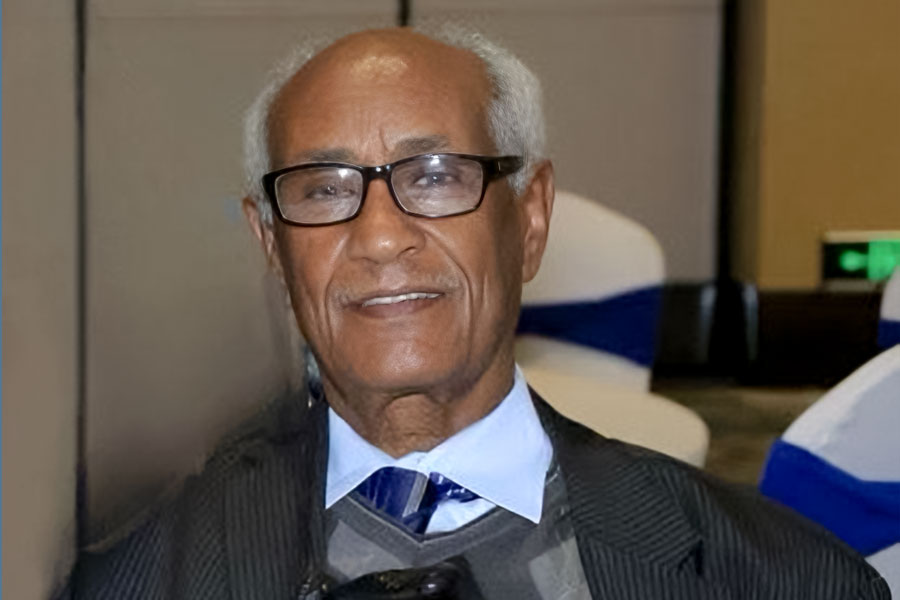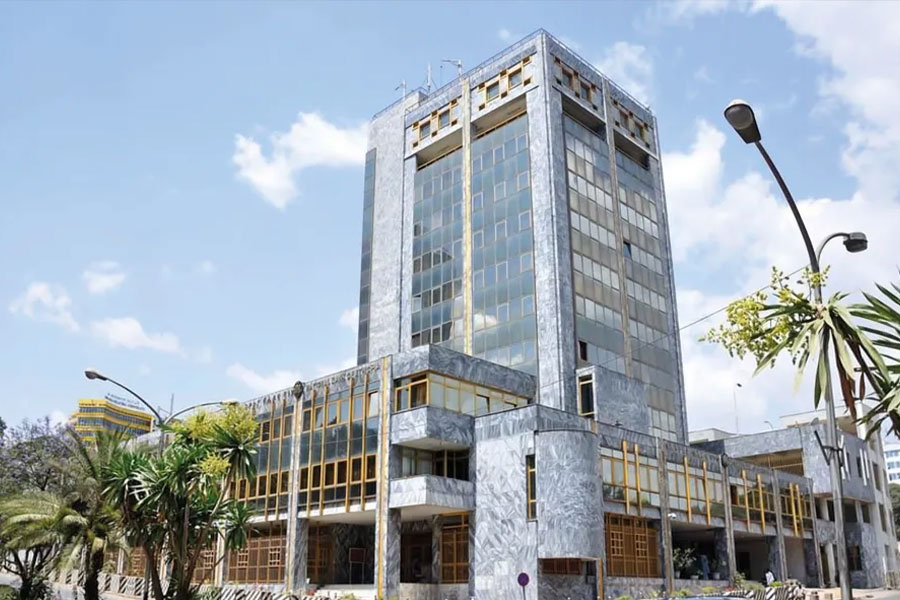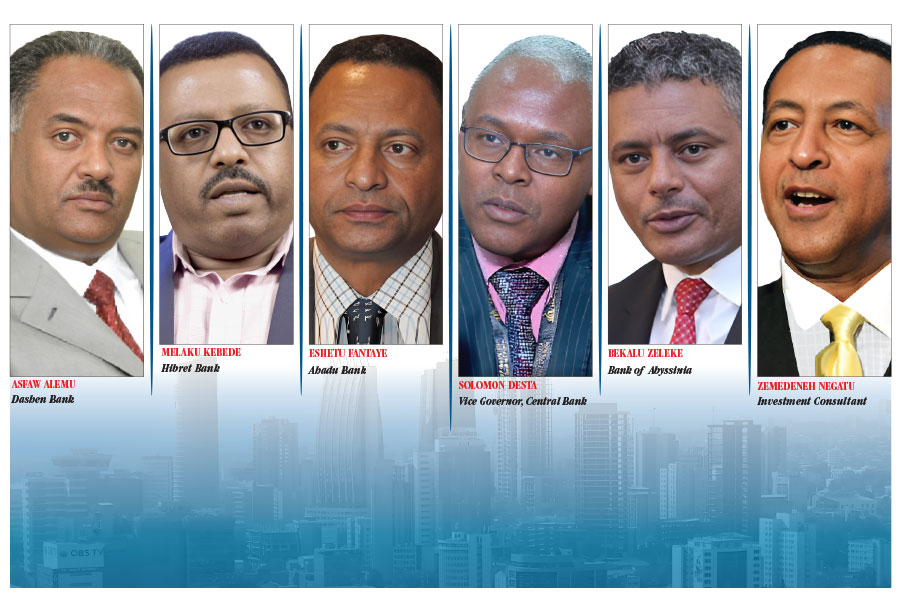
Obituary | Feb 10,2024
Jan 27 , 2024
By Hintsa Andebrhan
Ethiopia recently reaffirmed its commitment to the "One-China" policy through its Foreign Ministry Spokesperson, Meles Alem (PhD). Ironically, it coincided with China's assertion of Somaliland as part of Somalia, a position echoed by Mao Ning, spokesperson for the Chinese Ministry of Foreign Affairs. These statements underline a shared emphasis on states' sovereignty and territorial integrity while also emphasising the intricate regional diplomacy in which Ethiopia is entangled.
Historically centred on strong relations with neighbouring countries, Ethiopia's foreign policy has been a foundation in the fight against terrorism, particularly in collaboration with Somalia. Various foreign ministers have endorsed this policy, and it was recently reasserted by President Sahlewerk Zewde, who stressed Africa as the focal point of Ethiopia's diplomatic endeavours. This orientation was evident during the Ethiopian Diplomacy Exhibition held last week.
Notable successes mark Ethiopia's diplomatic history in Africa.
A key example is the June 2004 decision to keep the African Union (AU) headquarters in Addis Abeba. Despite Libya's push and its leader's lobby for relocation, most African leaders sided with Ethiopia, proof of its diplomatic clout on the continent. Another significant diplomatic achievement has been garnering support from Nile Basin countries for constructing the Great Ethiopian Renaissance Dam (GERD), a project of economic and geopolitical significance.
However, recent developments suggest a shift in Ethiopia's traditional diplomatic approach. Prime Minister Abiy Ahmed's (PhD) Administration appears to explore new political and diplomatic avenues. The change in direction is evident in Ethiopia's engagement with Somaliland, a move that has raised eyebrows domestically and internationally. Critics from various political spectrums have voiced concerns over this engagement, viewing it as a departure from Ethiopia's longstanding commitment to regional unity and stability.
Even the United Arab Emirates (UAE), a key ally of the Abiy administration, has expressed reservations about this approach.
The core of the controversy lies in the perceived contradiction between Ethiopia's support for the "One-China" policy and its dealings with Somaliland. While the former shows respect for territorial integrity and sovereignty, the latter undermines these very principles in the Horn of Africa. Ethiopia's arrangement with Somaliland, a region seeking independence from Somalia, is viewed as a potential breach of its commitment to the territorial integrity of Somalia. It has led to controversies about its foreign policy's consistency and principled position.
Ethiopia's need for port access, crucial for its economic and geopolitical interests, is often cited as a driving force behind its Somaliland engagement. Taye Atske Selassie, the foreign policy advisor to the Prime Minister, has advocated for peaceful means to secure sea access, a view conveyed to the diplomatic community. However, scepticism abounds among diplomats about the sincerity of this approach.
The scepticism was echoed in recent regional forums, including an emergency meeting of IGAD held in Kampala and the African Union's Peace & Security Council meeting, both of which addressed the growing tension between leaders of Ethiopia and Somalia. These meetings brought to focus the regional concern over Ethiopia's foreign policy direction and its implications for stability in the Horn of Africa.
The central issue, therefore, is the apparent disconnect between Ethiopia's traditional diplomatic principles and its current foreign policy manoeuvres. While it has historically been a champion of African unity and stability, its recent actions have raised questions about its commitment to these ideals. The engagement with Somaliland, in particular, has been criticised as deviating from a principled foreign policy, possibly motivated by short-term geopolitical gains rather than long-term regional stability.
PUBLISHED ON
Jan 27,2024 [ VOL
24 , NO
1239]


Obituary | Feb 10,2024

Commentaries | Aug 08,2020

Editorial | Oct 03,2020

Radar | May 24,2025

Radar | Mar 25,2023

Editorial | May 13,2023

Editorial | Aug 14,2021

Sponsored Contents | Mar 03,2022

Editorial | Nov 18,2023

Fortune News | Nov 26,2022

My Opinion | 131970 Views | Aug 14,2021

My Opinion | 128359 Views | Aug 21,2021

My Opinion | 126297 Views | Sep 10,2021

My Opinion | 123913 Views | Aug 07,2021

Dec 22 , 2024 . By TIZITA SHEWAFERAW
Charged with transforming colossal state-owned enterprises into modern and competitiv...

Aug 18 , 2024 . By AKSAH ITALO
Although predictable Yonas Zerihun's job in the ride-hailing service is not immune to...

Jul 28 , 2024 . By TIZITA SHEWAFERAW
Unhabitual, perhaps too many, Samuel Gebreyohannes, 38, used to occasionally enjoy a couple of beers at breakfast. However, he recently swit...

Jul 13 , 2024 . By AKSAH ITALO
Investors who rely on tractors, trucks, and field vehicles for commuting, transporting commodities, and f...

Jul 5 , 2025
Six years ago, Ethiopia was the darling of international liberal commentators. A year...

Jun 28 , 2025
Meseret Damtie, the assertive auditor general, has never been shy about naming names...

Jun 21 , 2025
A well-worn adage says, “Budget is not destiny, but it is direction.” Examining t...

Jun 14 , 2025
Yet again, the Horn of Africa is bracing for trouble. A region already frayed by wars...

Jul 6 , 2025 . By BEZAWIT HULUAGER
The federal legislature gave Prime Minister Abiy Ahmed (PhD) what he wanted: a 1.9 tr...

Jul 6 , 2025 . By YITBAREK GETACHEW
In a city rising skyward at breakneck speed, a reckoning has arrived. Authorities in...

Jul 6 , 2025 . By NAHOM AYELE
A landmark directive from the Ministry of Finance signals a paradigm shift in the cou...

Jul 6 , 2025 . By NAHOM AYELE
Awash Bank has announced plans to establish a dedicated investment banking subsidiary...